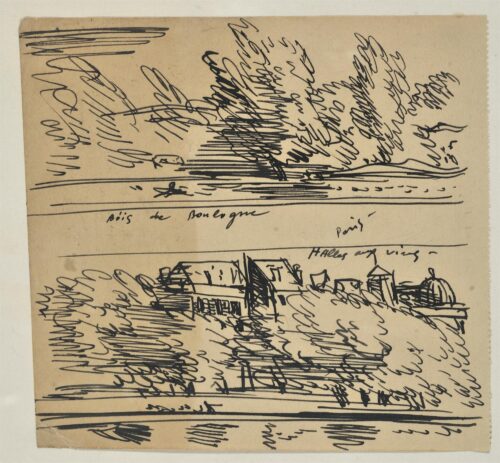
Moralis Yannis (1916 - 2009)
Bois de Boulogne. Halles aux vins, 1938
During his student years he attended the Sunday painting lectures at the Athens School of Fine Arts. In 1931, after successfully completing the entrance examinations, he enrolled in the preparatory section of the school, where he studied under Dimitrios Geraniotis. Later he studied in the workshops of Konstantinos Parthenis and Umvertos Argyros, and starting in 1933 took evening classes at Yannis Kefallinos’ engraving studio. In 1936, the year he graduated, he assured himself a scholarship from the Athens Academy to study mosaic abroad. Thus, the following year he left with his friend the painter Nikos Nikolaou for Rome, but he soon departed and settled in Paris. There he studied at the School of Fine Arts, painting under Charles Guerin and wall painting under Ducos de l’Haille. At the same time he studied at the Ecole des Arts et Metiers, taking lessons in mosaic. He returned to Greece with the outbreak of World War II, and enlisted. In 1947 he was elected full professor at the preparatory division of the School of Fine Arts and ten years later full professor to the Chair of Painting, a position he remained at until 1983. From 1959 to 1962 he designed and executed the engraved composition on the outer wall of the Hilton Hotel in Athens. He has also been involved with ceramics, illustration and set design, working for the National Theater, the Greek Ballet and Karolos Koun’s Art Theater.
Among his distinctions are numbered the bronze medal at the Panhellenio of 1940, the gold medal at the International Handicrafts Exhibition in Munich in 1973, his election as a full member of the International Institute of Arts and Letters (1962), the decoration of the Order of the Phoenix (1979) and the Prize of Arts and Letters of the Athens Academy (1979). He had his first solo show in 1959 at Armos gallery. He participated in group and international exhibitions among which were the Venice Biennale (1958) and the Tapestry Biennale of Lausanne (1965, 1972). In 1988 there was a retrospective exhibition of his work at the National Gallery followed by the artist making a large donation to the museum. In 1996 the Athens Academy organized an exhibition in his honor.
An artist who has had a definitive influence on the field of post-war art in Greece, both with his work in the visual arts and his teaching, he has achieved in painting the yoking of the classical and the modern. Though interested in a variety of thematic categories, such as landscape and still life, his creative work, both in its realistic and geometric stage, is first and foremost anthropocentric, with Eros and Thanatos its axes.

Bois de Boulogne. Halles aux vins, 1938
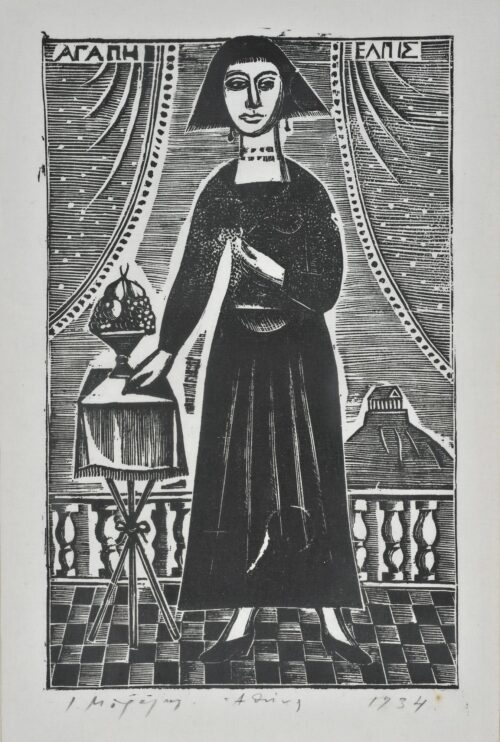
Love – Hope, 1934
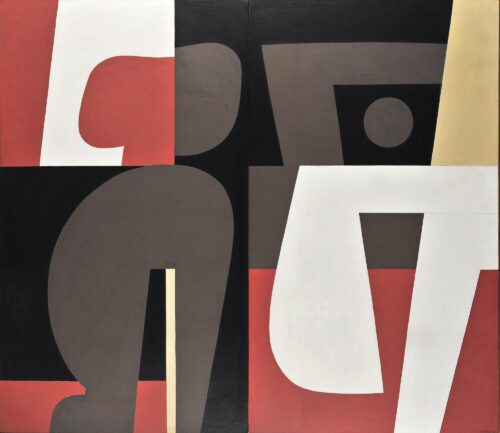
Love Scene, 1982
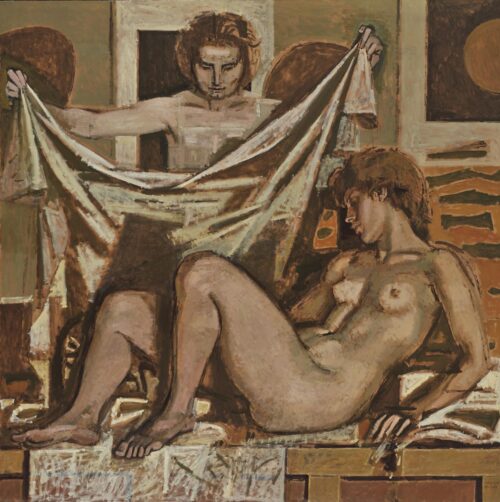
Funerary Composition I, 1958-1962
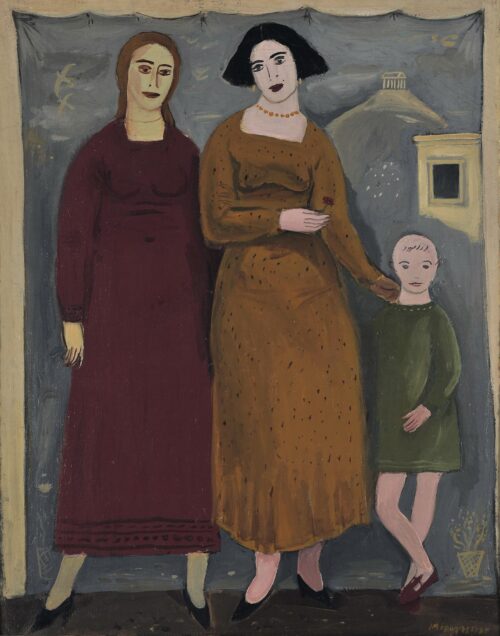
By the outdoor photographer, 1934
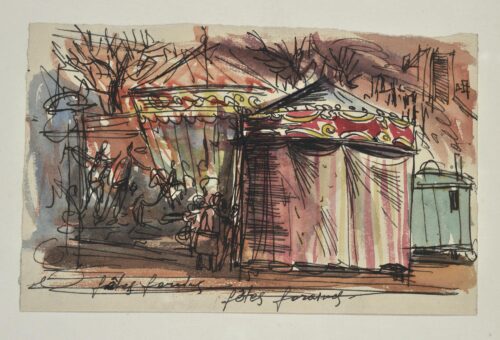
Fetes Foraines, 1938
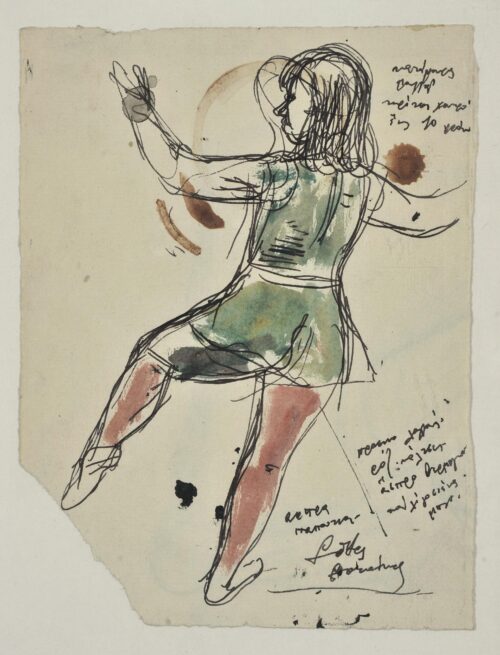
Fetes Foraines, 1938
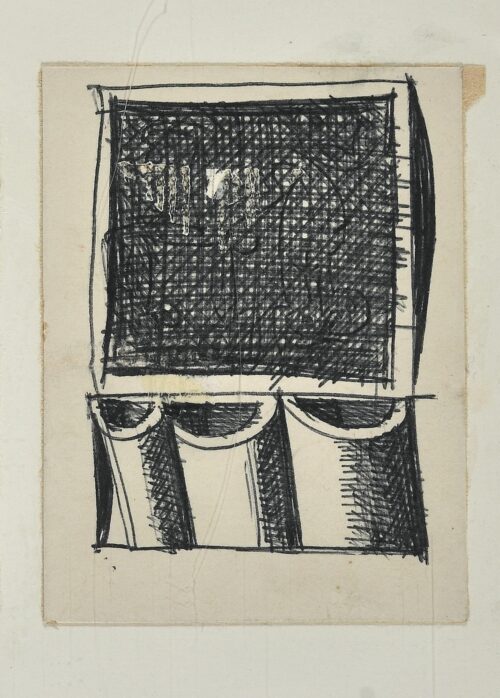
From the Series: “Preliminary Sketches and Notes”, 1955 - 1960
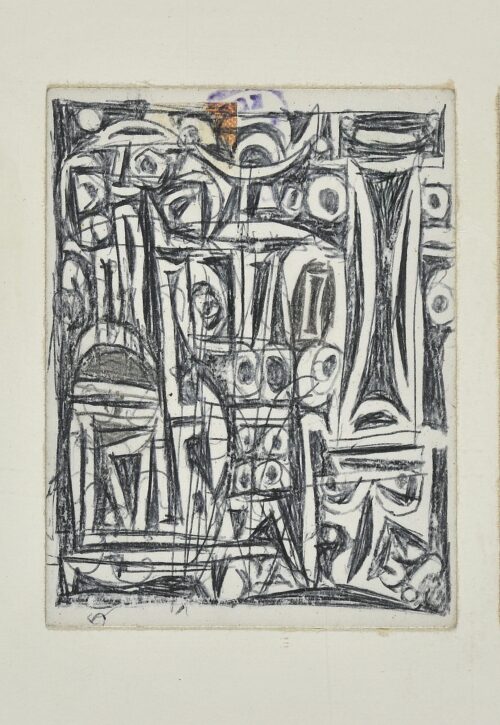
From the Series: “Preliminary Sketches and Notes”, 1955 - 1960
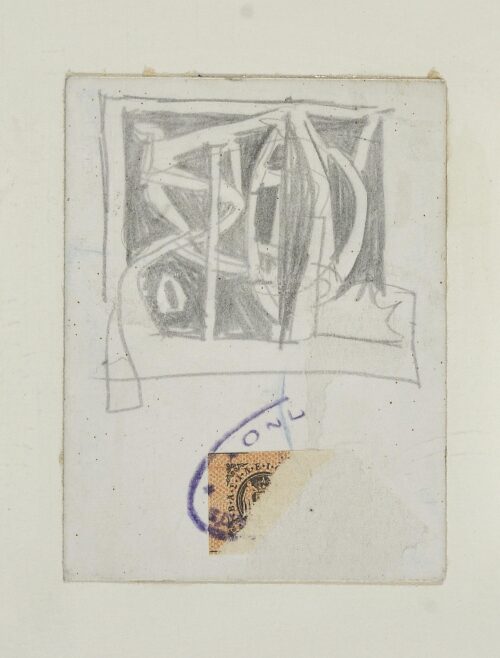
From the Series: “Preliminary Sketches and Notes”, 1955 - 1960
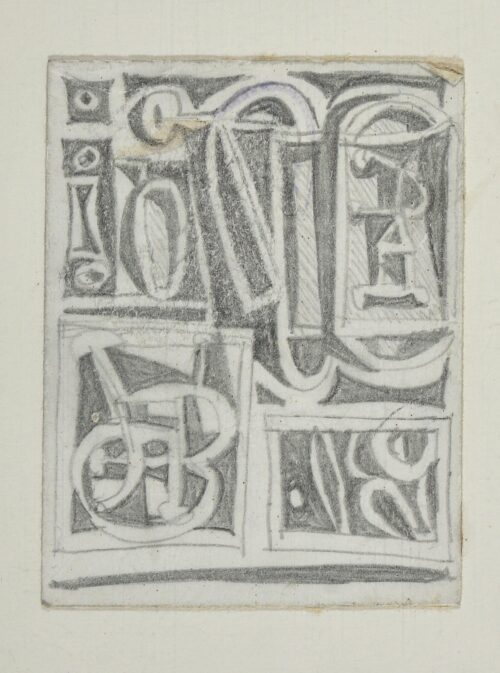
From the Series: “Preliminary Sketches and Notes”, 1955 - 1960
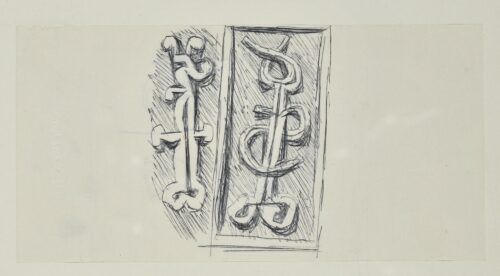
From the Series: “Preliminary Sketches and Notes”, 1955 - 1960
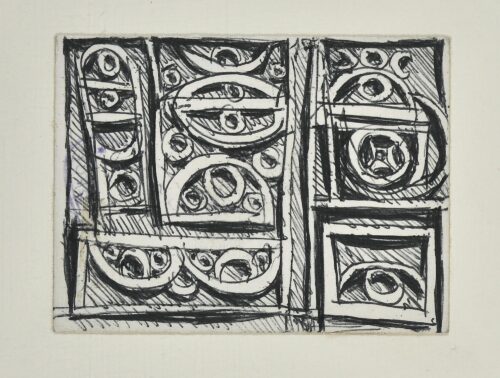
From the Series: “Preliminary Sketches and Notes”, 1955 - 1960
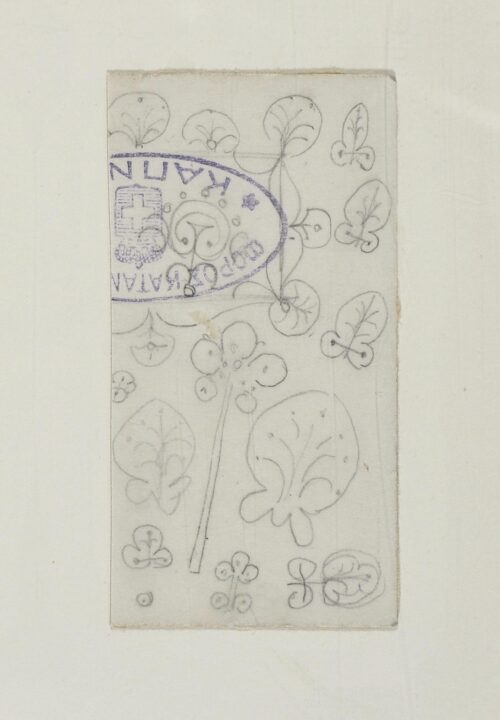
From the Series: “Preliminary Sketches and Notes”, 1955 - 1960
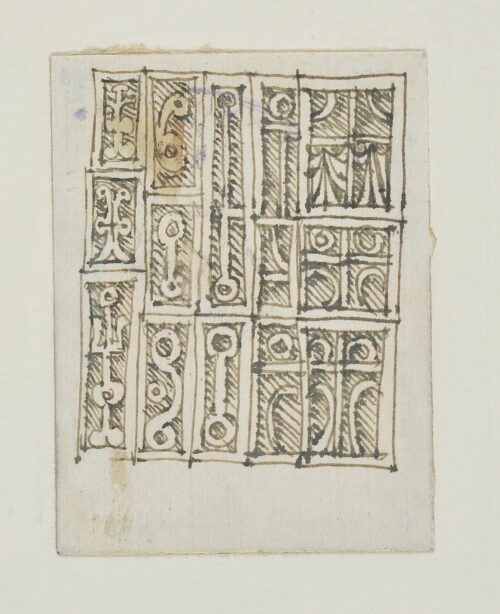
From the Series: “Preliminary Sketches and Notes”, 1955 - 1960
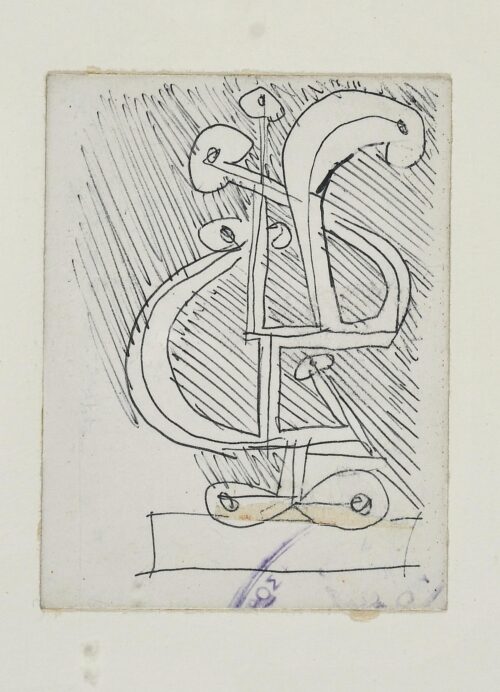
From the Series: “Preliminary Sketches and Notes”, 1955 - 1960
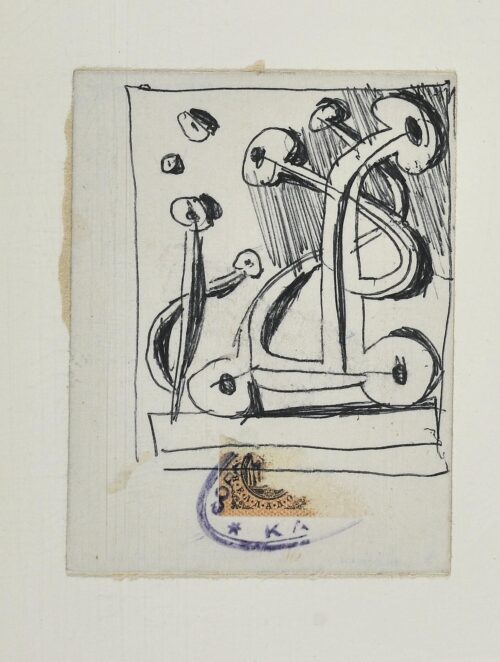
From the Series: “Preliminary Sketches and Notes”, 1955 - 1960
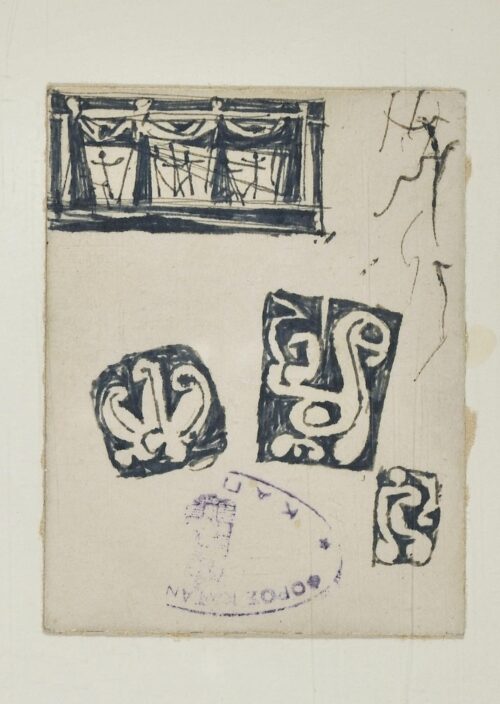
From the Series: “Preliminary Sketches and Notes”, 1955 - 1960
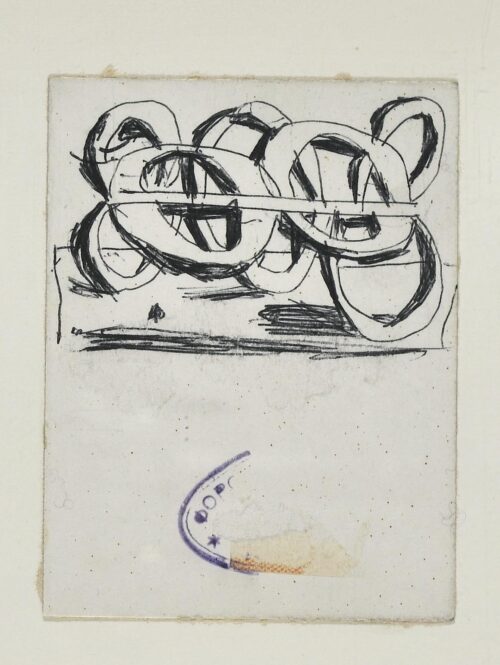
From the Series: “Preliminary Sketches and Notes”, 1955 - 1960
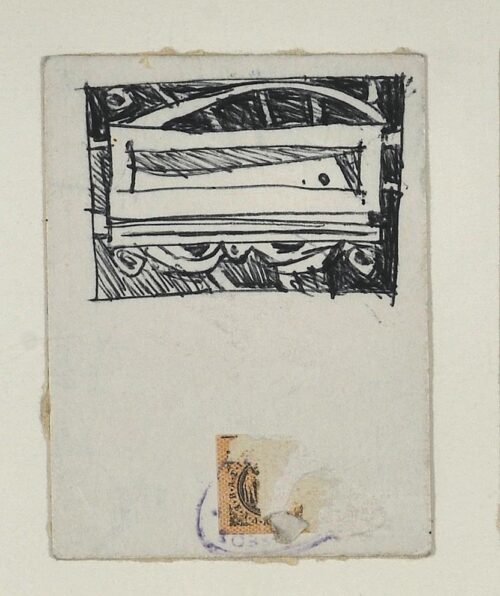
From the Series: “Preliminary Sketches and Notes”, 1955 - 1960
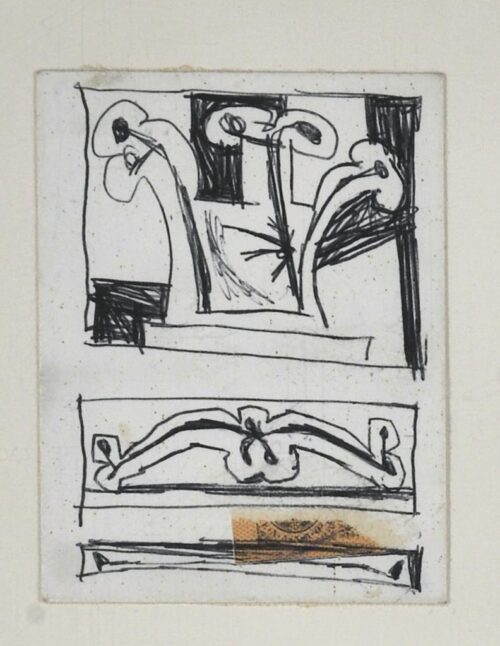
From the Series: “Preliminary Sketches and Notes”, 1955 - 1960
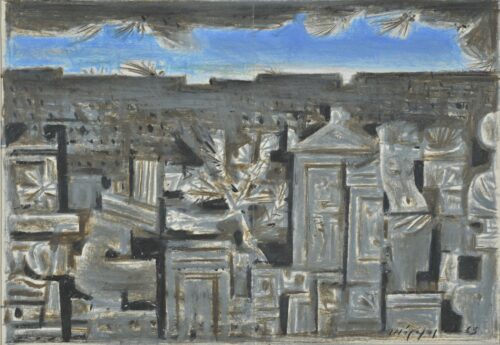
Painting-pictorial commentary on the collection of Poems by Giorgos Seferis (Ikaros Editings, 1965), 1965
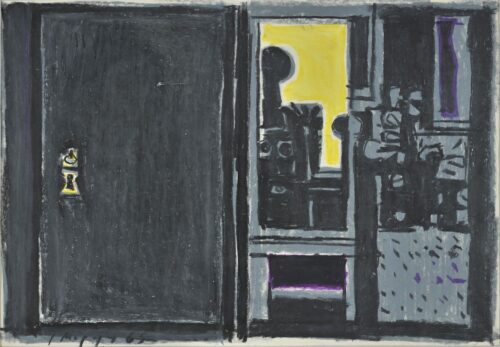
Painting-pictorial commentary on the collection of Poems by Giorgos Seferis (Ikaros Editings, 1965), 1965
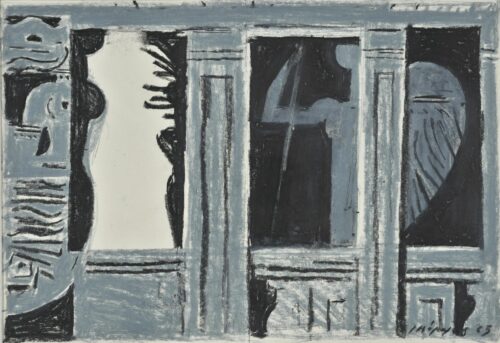
Painting-pictorial commentary on the collection of Poems by Giorgos Seferis (Ikaros Editings, 1965), 1965

We use cookies to make our site work properly, to personalize content and ads, to provide social media features and to analyze our traffic. We also share information about how you use our site with our social media, advertising and analytics partners. Read the Cookies Policy.
These cookies are necessary for the website to function and cannot be switched off in our systems. They are usually only set in response to actions made by you which amount to a request for services, such as setting your privacy preferences, logging in or filling in forms. You can set your browser to block or alert you about these cookies, but some parts of the site will not then work. These cookies do not store any personally identifiable information.
If you disable this cookie, we will not be able to save your preferences. This means that every time you visit this website you will need to enable or disable cookies again.
These cookies tell us about how you use the site and they help us to make it better. For example these cookies count the number of visitors to our website and see how visitors move around when they are using it. This helps us to improve the way our site works, for example, by ensuring that users find what they are looking for easily. Our website uses Google Analytics for statistics reporting.
Please enable Strictly Necessary Cookies first so that we can save your preferences!